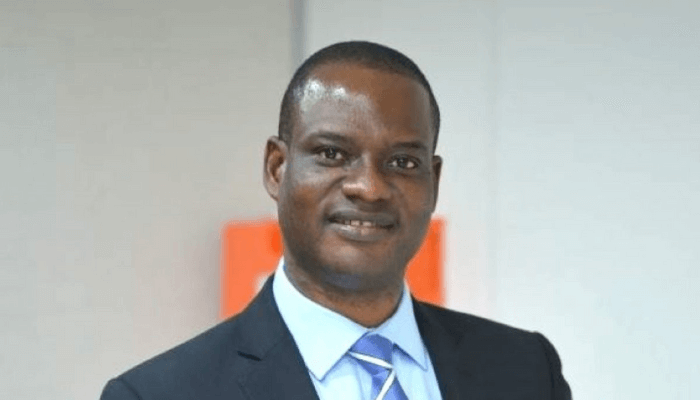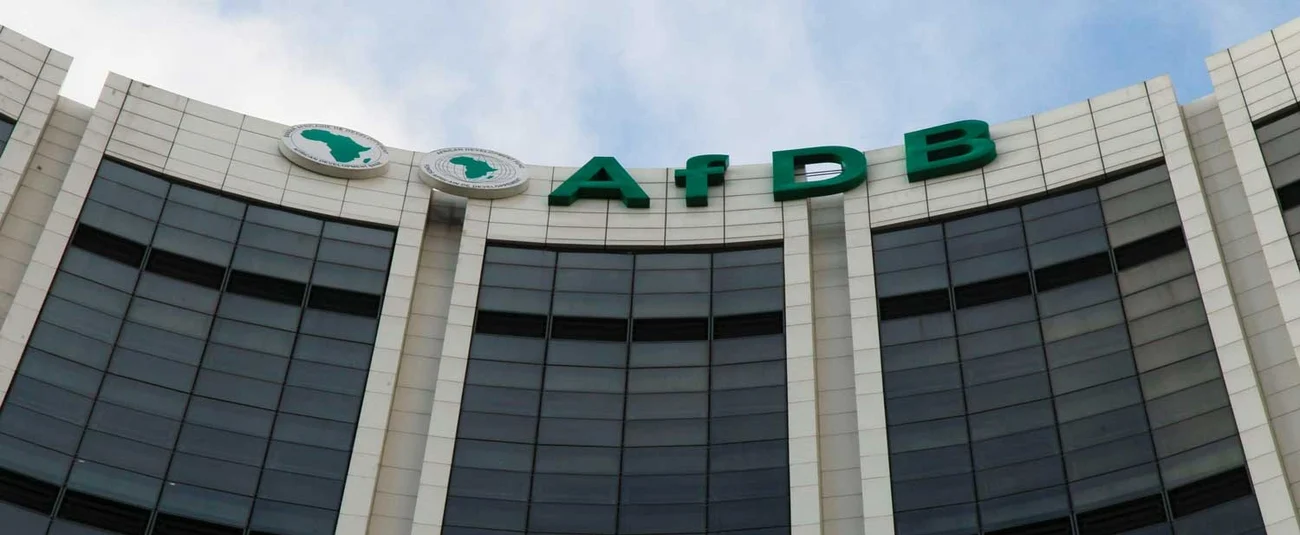The African Development Bank Group has spent more than $10 billion in Nigeria since 1971.
According to The Punch, the development bank revealed this information in a statement to promote collaboration and unleash the enormous agricultural potential of the country during the visit of the seven recently elected governors of North West states.
The AfDB claimed that 48 of its operational projects in Nigeria are valued at $4.4 billion.
The delegation, meeting with bank President, Dr Akinwumi Adesina, was led by Katsina State Governor, Dikko Radda, and included Governor of Kebbi State, Dr Nasiru Idris; Alhaji Umar Namadi of Jigawa; Zamfara’s Dr Dauda Lawal, and Deputy Governors Aminu Abdussalam from Kano, Dr Hadiza Balarabe of Kaduna, and Idris Gobir of Sokoto.
Ten million of the 22 million herds of cattle in the country live in North-West Nigeria, which is home to an estimated 60 million people, or 28% of the total population.
Due to insufficient integration into local and regional markets, weak extension services, little value addition, and inadequate infrastructure, the zone has the greatest rates of poverty and food insecurity.
The statement claimed that talks in Abidjan centered on increasing food production, nutrition, and security in addition to creative approaches to unleash the vast agricultural potential of the zone and expedite the establishment of Special Agro-industrial Processing Zones.
“Other priority areas included ways to take advantage of the renewable energy initiatives of the African Development Bank, such as its $20 billion Desert-to-Power project, which will provide 10,000MW of solar energy to almost 250 million people across the Sahel region.
“Special Agro-Industrial Processing Zones are intended to foster greater market access, productivity, and value addition through investments driven by the private sector and supported by the government in the development of important commodities value chains. In October 2022, the SAPZ program was introduced in Nigeria,” it continued.
According to Adesina, the bank and its partners planned to raise $1 billion in funding to extend the SAPZ program in Nigeria to up to 25 of the country’s 36 states.
He asked the governors to choose agricultural centers for the initiatives in a timely and cooperative manner.
“These zones will help regional farmers and generate employment along all value chains. They will offer previously unheard-of chances to turn raw materials into high-value goods, cut down on waste and losses after harvest, raise earnings, boost profitability, and reinvest in your rural economies.”
According to him, the bank had funded other projects in the North West region, such as the $85 million Zaria Water Supply and Sanitation Project, which offered sanitation services to 350,000 people and water to 650,000.
The SAPZ program’s first phase includes Kano and Kaduna.
Under the Africa Emergency Food Production Facility of the Bank Group, $134 million in budget assistance funds was provided to the National Agriculture Growth Scheme.
The program aims to boost wheat and rice production in five states from the 2023 dry season to the 2024 wet season. A portion of the nation’s current $3 billion expenditure on wheat imports will be offset by the program.
These zones will help regional farmers and generate employment along all value chains. They will offer previously unheard-of chances to turn raw materials into high-value goods, cut down on waste and losses after harvest, raise earnings, boost profitability, and reinvest in your rural economies.










